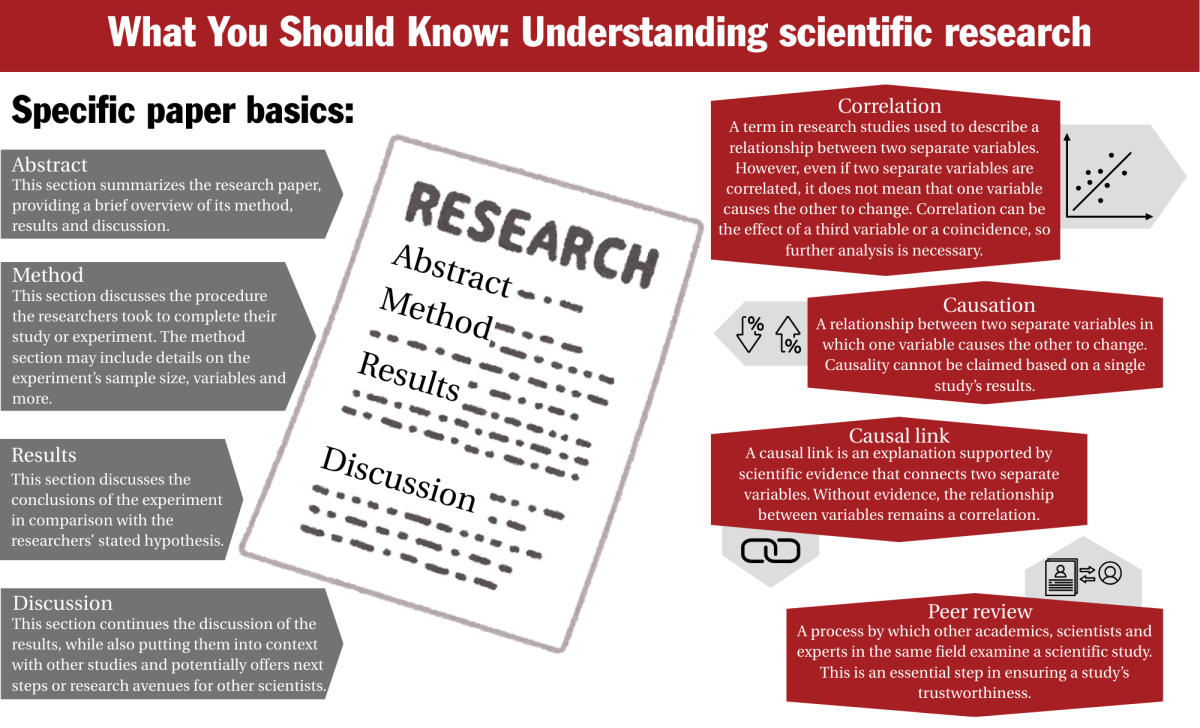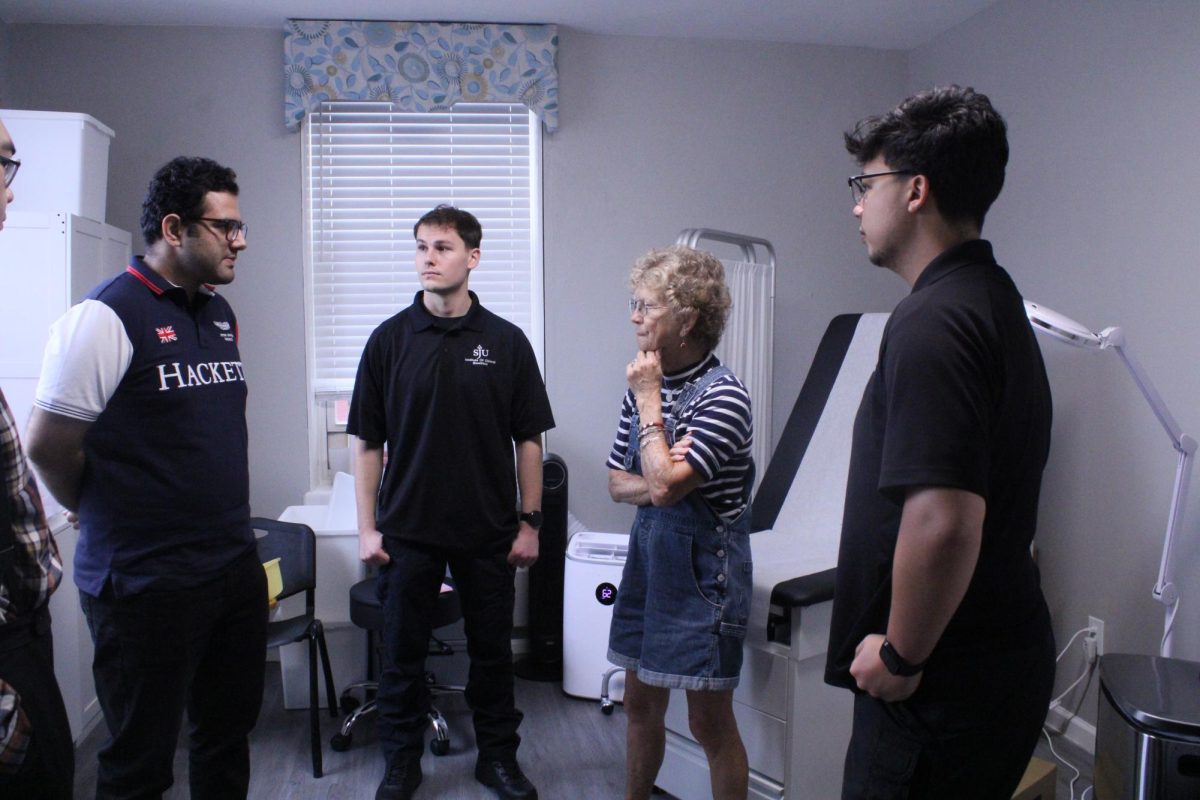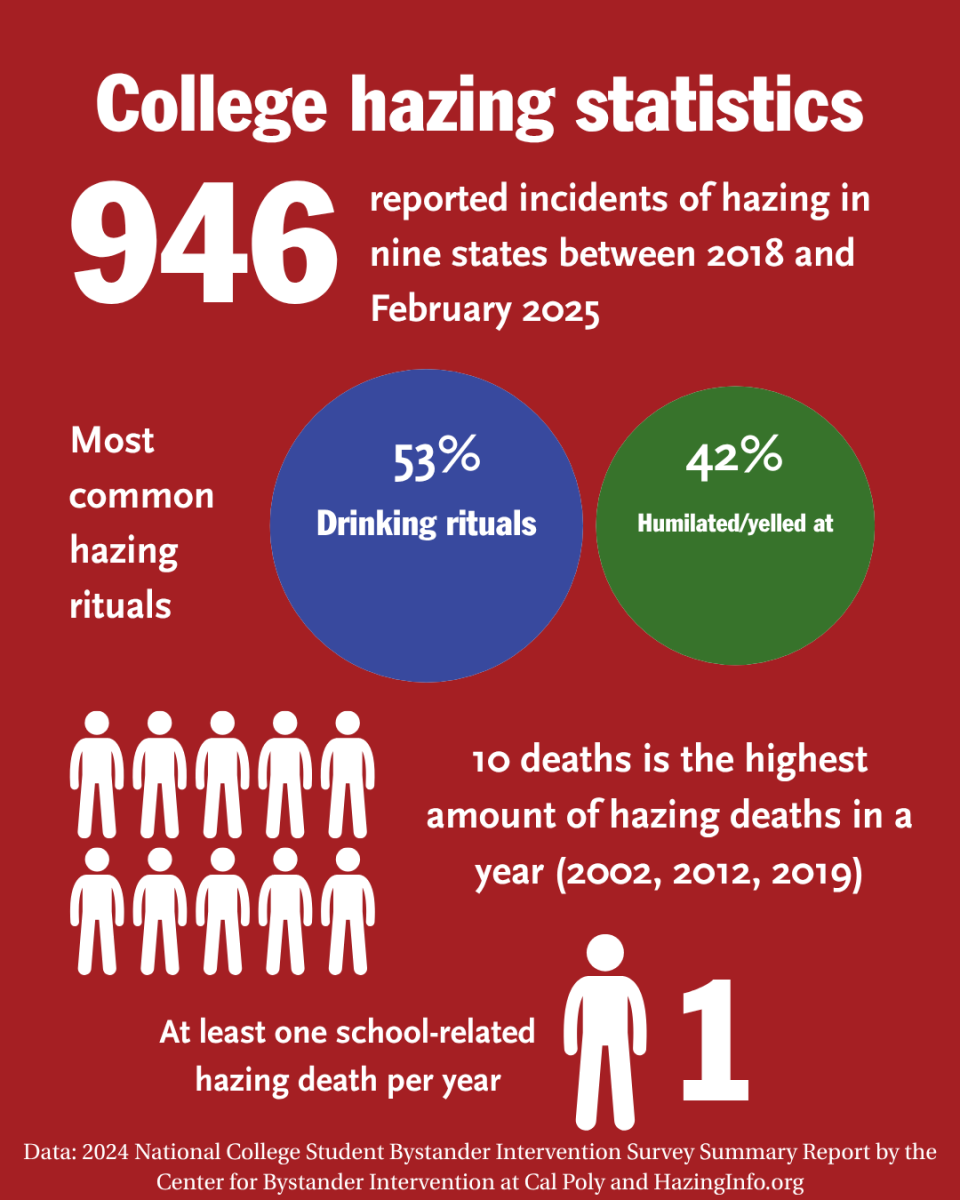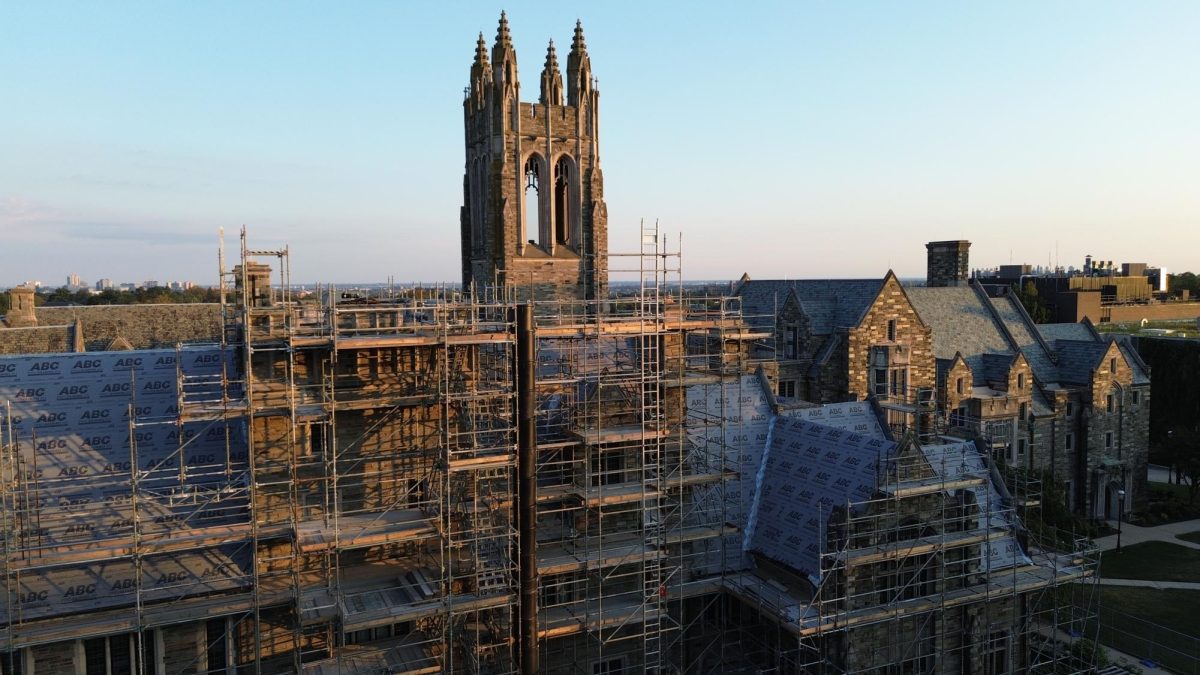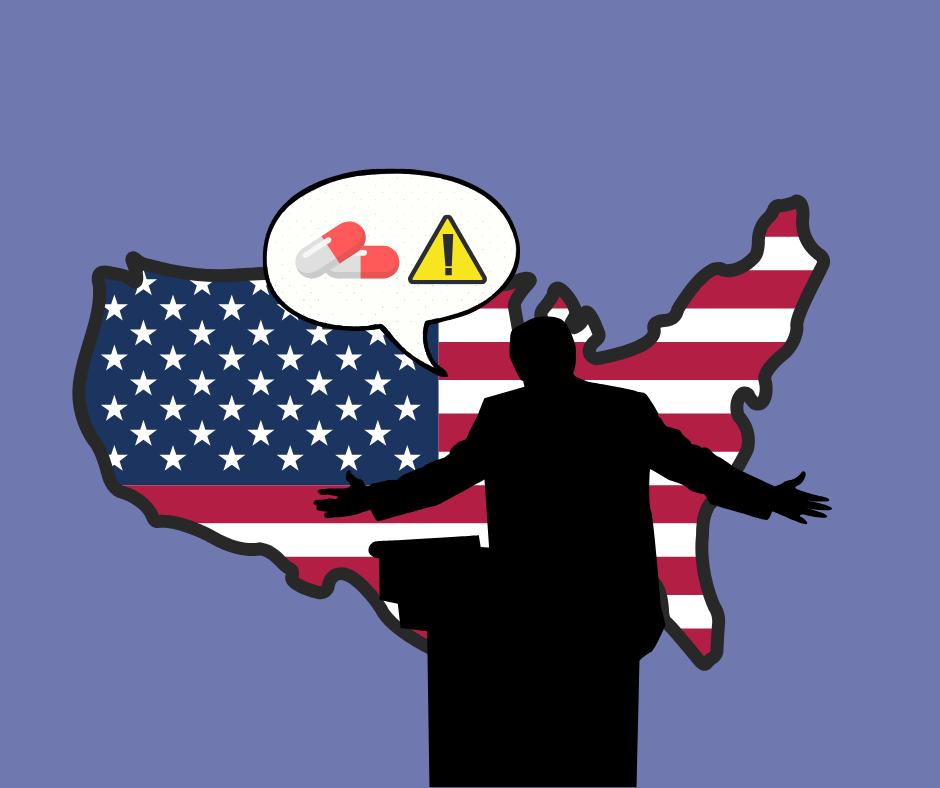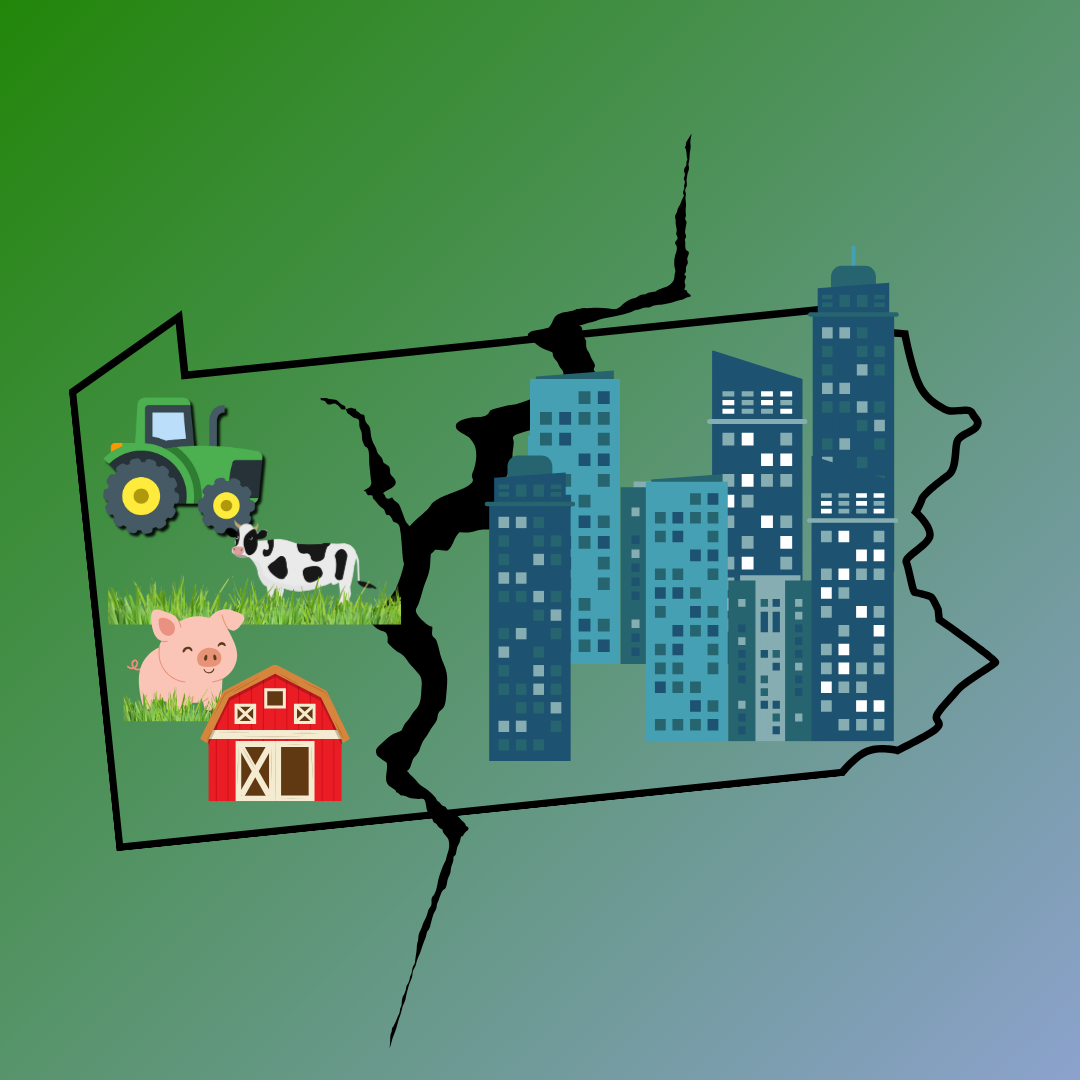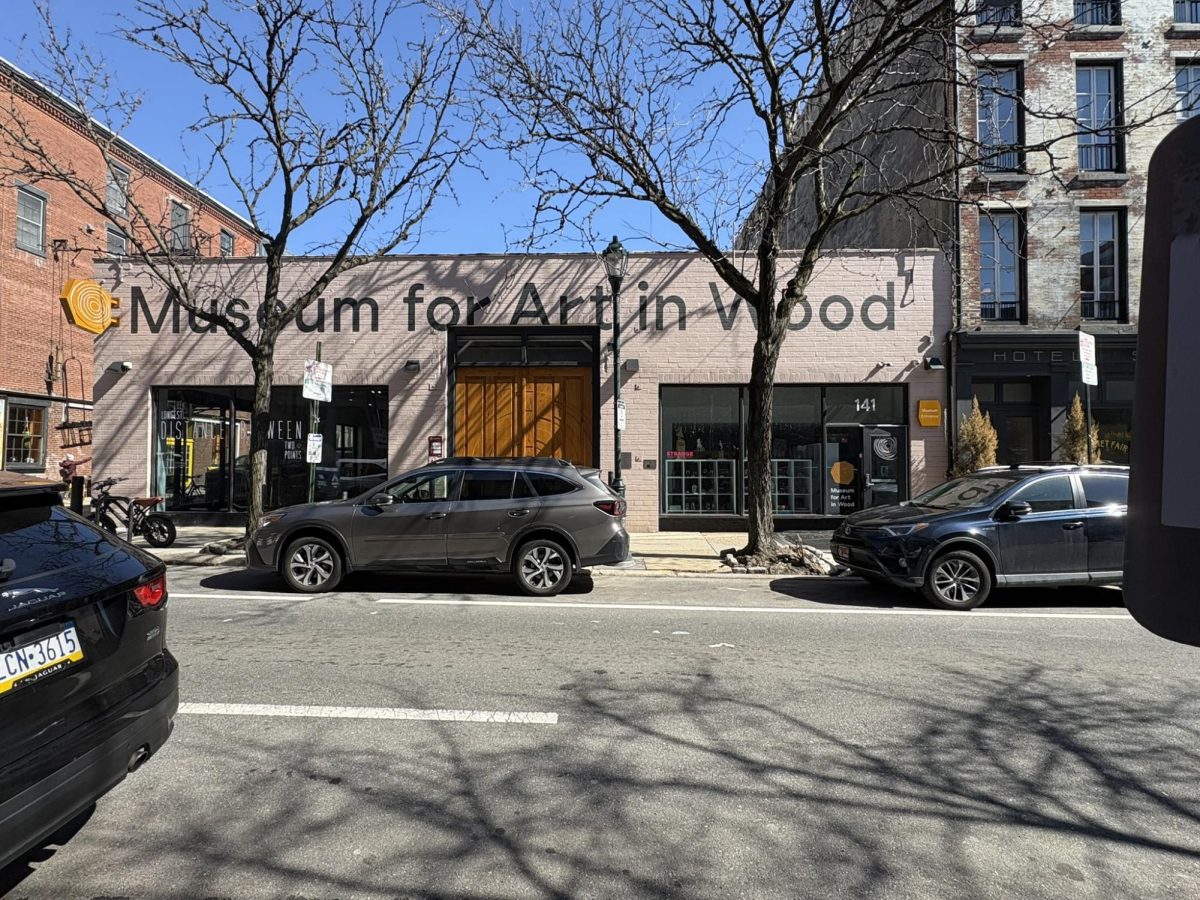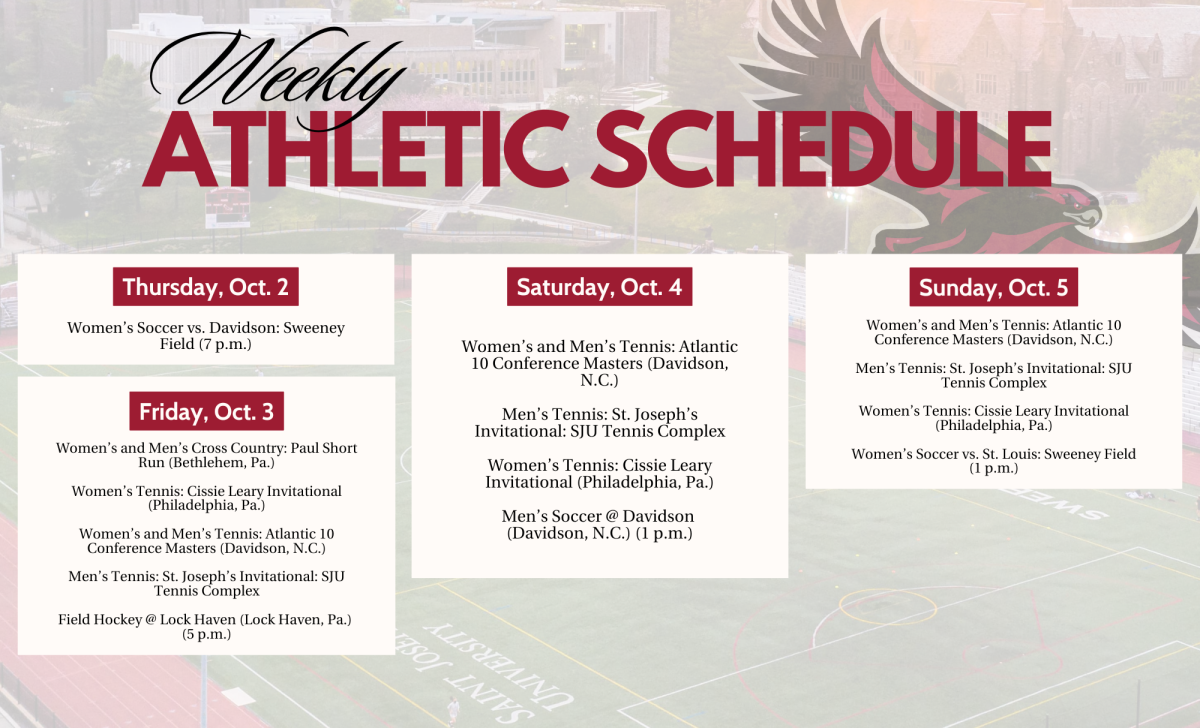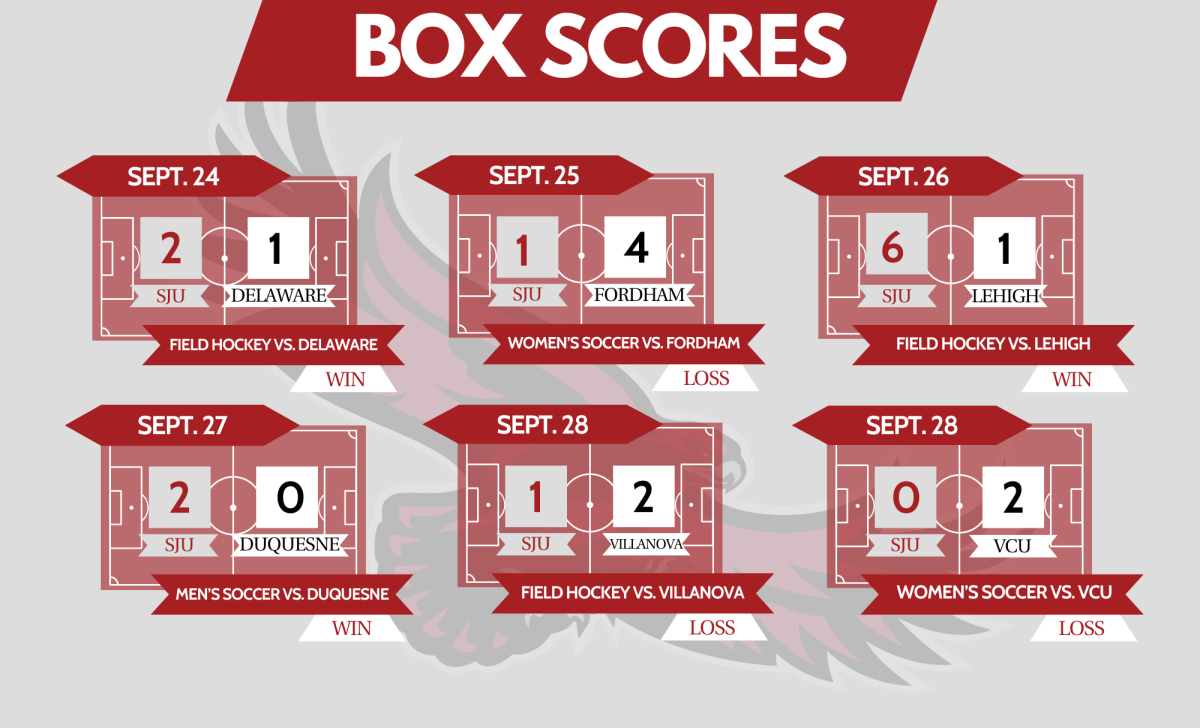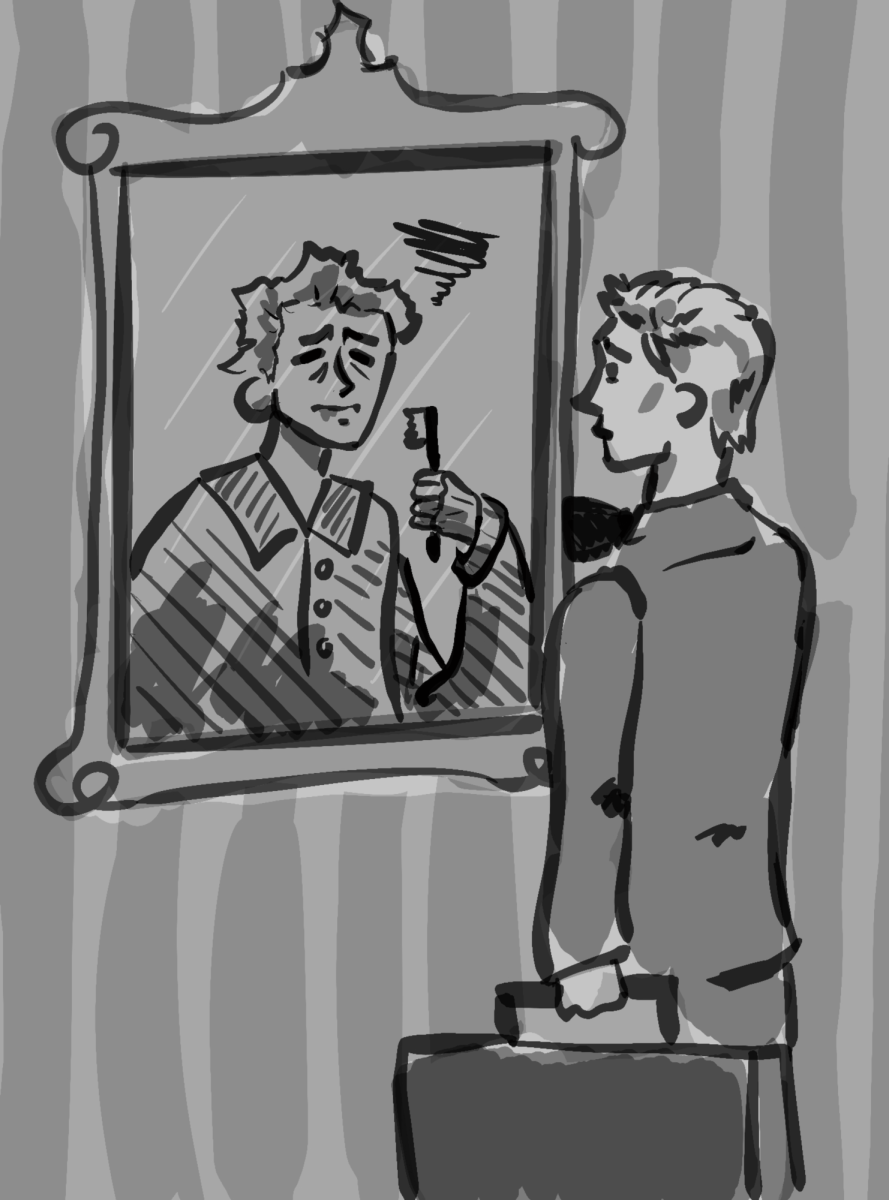In a lot of ways, Pennsylvania serves as a peculiar microcosm for the nation. The state is straddled by bustling metropolises on opposite sides, complementary to their relatively empty interiors, and filled with acres of farmland and quirky small towns. The contrast between rural and urban lifestyles has only been amplified in Pennsylvania since the rise of urbanized areas as centers of industry and commerce. However, the state’s unmistakable polarity between these areas is becoming more divisive and is manifesting itself in several prolonged policy debates. Chief among them is public transit funding, as public officials representing Pennsylvania’s rural expanse rekindled heated resentments between the two areas by stalling desperately formulated plans for it. They, in turn, accused urbanite politicians of disinterest in their own region’s troubled infrastructure and plights. While the emerging ideological and cultural rupture between rural and urban communities throughout America is nothing new, it’s worth addressing the ongoing gap between the seemingly irreconcilable regions of Pennsylvania.
This summer, the rural-urban rift resurfaced during heated debates over policies primarily affecting cities, especially transit and infrastructure. The issue sparked some of the most impassioned contentions of the season, contributing to incredibly polarizing sentiments from rural politicians like Republican Pennsylvania Senate Majority Leader Joe Pittman, who doubled down on his rural pride while criticizing cities. While feelings that rural influence within Pennsylvania politics is slipping could possibly be traced to the expansion of urban areas’ influence in Pennsylvania politics (as indicated by Democrats’ impressive reclamation of the Pennsylvania House in 2022), it hasn’t helped the ever-present rural-urban divide permeating the state government’s ability to help all of its residents equally.
As a Pennsylvanian, I hope all citizens of the Commonwealth, including students, can share equal opportunities without being overshadowed by a fruitless geographic divide. That being said, having grown up in the Philadelphia region, I find it disheartening to witness the seeming antipathy Pennsylvania has for its main money-making engine. This shouldn’t be a regional or factional debate over who gets what, but it also shouldn’t be a cumulative extortion of the city areas for their inherent material needs.

